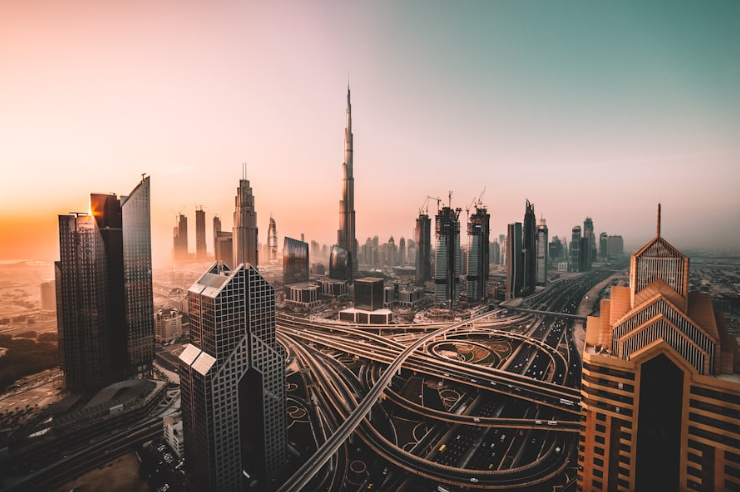By and large, the UAE is one of the biggest tourist destinations on the planet. The average tourist flocks to the country for shopping, the good weather, food, and cultural experiences. But while the UAE’s tourism revenue has been climbing steadily for years, there is perhaps one tourist draw that has been overlooked, which is gambling.
When we think of destinations that have become tourist sites for gambling, we think of Las Vegas, Monaco, Atlantic City, and so on. But becoming a gambling hub could benefit the UAE in several ways.
First, it can tap into the existing user base of Middle Eastern casino lovers. While we might not immediately associate the Middle East with casinos, there is a massive audience for it, both land-based and in person. As a recent article explains, Middle Eastern players often turn to offshore platforms to get their needs met, taking away revenue that could have gone to home-based establishments. If the UAE establishes gambling, it will retain this revenue.

Also, it could attract the same type of audience that already goes to places like Las Vegas and Monaco for the gambling experience. Recent statistics show that Las Vegas tourist traffic has been declining in recent years, partly due to the loss of novelty and rising costs. On the flip side, the UAE has positioned itself as a place where people can enjoy relatively inexpensive luxury. So, by allowing legal and regulated gambling, it essentially captures the audience that other locations are losing.
It will also help the nation to stand out even more when it comes to tourism. Other nations in the Middle East, like Qatar and Oman, are fighting to establish themselves as tourism hubs as well, and this could give the UAE significant competition. But if it has the edge of allowing legal gambling for consumers, it could win out against them. Humans love to place wagers on various things, and whether it’s casino games or sports events, the amount of revenue generated from allowing gambling will be immense.
Outside of the players’ wagers, there is also the possibility for sponsorship and other such developments. Many gambling platforms are known to sponsor sports teams, arenas, and so on, and by creating a healthy and thriving environment for the industry, this sort of sponsorship will trickle down elsewhere. Consider the World Cup that was held in Qatar just a few years ago. By bringing in the sort of massive revenue from gambling corporations that leagues like the Super Bowl already see, the local economy will certainly benefit.
Speaking of the local economy, gambling could help generate jobs for the locals, create more tax revenue, and so on. Gambling kept the economy of places like Las Vegas going for decades, so clearly, it is a viable long-term strategy.
It’s also worth noting that the UAE could very much put its own spin on the gambling experience. Many of us have an inbuilt impression of what a Las Vegas or a Monaco casino would look like based on the definition of luxury in those places. But Middle Eastern luxury crossed with traditional gambling platforms could create an experience that most consumers have not seen before. This will further strengthen the tourism sector within the UAE both now and in the future.
Obviously, gambling is a touchy subject, especially in the Middle East. But should the UAE embrace it from a tourist perspective, it can solidify its place within the tourist economy, attract both local and external customer base, and reap the financial benefits.

